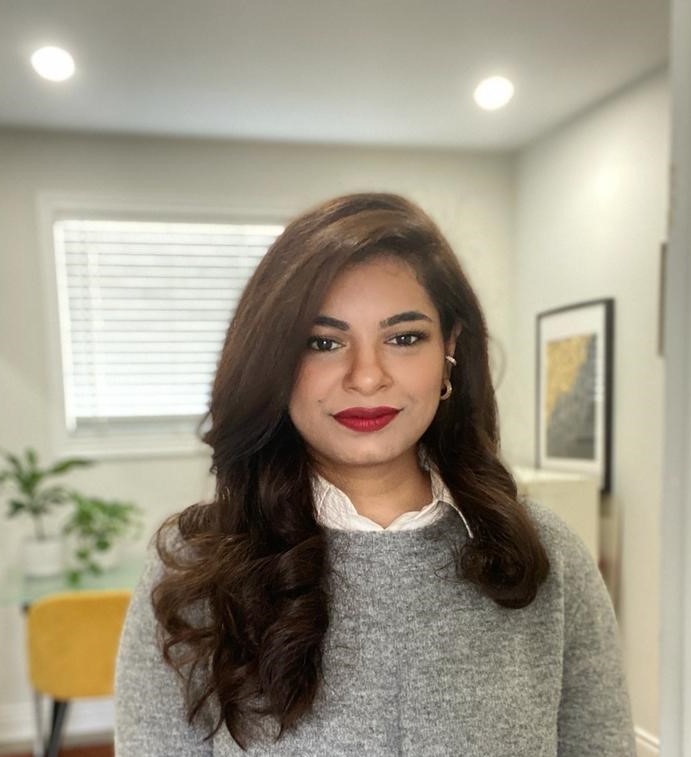Lets start a professional identity on social media!
- humaabbas

- Jan 29, 2022
- 3 min read
Updated: Feb 14, 2022
In times of natural disasters and other crises, the use of social media has been shown to increase (Venegas, 2020). Nowadays, social media is the main source of information for everyone. Regarding health, social media hosted a lot of fake news during COVID times, leading to potentially threatening situations. One of the reasons for this was the increase in the trend of people, reaching out to social media platforms for the latest information. The popularity of such platforms can be attributed to their ease of access and comprehension of this information. In human history, communication during a pandemic has never been this easy and quick, which has both its advantages and limitations. Currently, one of the main limitations of social media is its ability to disseminate false information quickly, which can confuse and distract common people. Consequently, in times of crisis, it is important to steer correct and helpful information and knowledge to individuals seeking answers via social media. This responsibility lies not only with educated scientists and physicians but also with reputable social media channels. Being in the healthcare profession, I believe one's social identity gets linked to their professional identity as well. This can range from people asking for opinions directly on social platforms to the professional obligation to discredit the misleading information. It can be very demanding and emotionally exhausting as everyone on social media is entitled to their own opinions and most of the discussion is based on false information and opinions that lack evidence.
Personally, I have limited my social media contacts to contribute to the decrease in the spread of false information. Although currently, I am not part of any professional organization for which I am accountable regarding my actions or opinions on social media. But being in the healthcare system, I do feel the responsibility to make sure my name does not get associated with any misleading information or contribute to any individual making a misinformed decision. As a member of the health-care system, the obligation to refute some health-related conspiracies has a negative impact on the healthcare worker's mental health. It is a challenge to balance between the professional and ethical means of sharing information and taking a step back when it starts affecting one personally. Evidence suggests that COVID-19 can be an independent risk factor for stress in HCW (Spoorthy, 2020). Added social media stress can contribute to these risk factors and impact the mental health of the healthcare worker. The responsible use of social media tools can help disseminate authentic and evidence-based information as well as new scientific findings (Padilla, 2020). For sharing such information, the interaction between healthcare professionals is essential. I try my best to participate in such interactions on trusted social media platforms, usual nature of such interactions is to update my knowledge and information regarding the upcoming health trends based on research and evidence.
I feel my current means of social media use as a healthcare professional has some flaws. I have never worked on creating a strategy regarding my professional identity on social media. In current pandemic times, I feel compelled to build a professional social identity after realizing the importance of social media and its impact on information distribution. As my career progresses, I'll need to develop a unique plan to help me establish beliefs and preferences while also focusing on my mental health. Getting an opportunity to start afresh and showcase my professional identity on an e-portfolio can help me create a space, based on my beliefs and values. As everything posted on the internet is permanent, I feel I need to take responsibility for the digital imprint I create. My professional values are based on honesty, fairness, and prevention. Being in public health dentistry I believe in the power of prevention and health promotion. I want my social identity to be reflective of these values and my ongoing learning journey.
References:
Venegas-Vera, A. V., Colbert, G. B., & Lerma, E. V. (2020). Positive and negative impact of social media in the COVID-19 era. Reviews in cardiovascular medicine, 21(4), 561–564. https://doi.org/10.31083/j.rcm.2020.04.195
González-Padilla, D. A., & Tortolero-Blanco, L. (2020). Social media influence in the COVID-19 Pandemic. International braz j urol : official journal of the Brazilian Society of Urology, 46(suppl.1), 120–124. https://doi.org/10.1590/S1677-5538.IBJU.2020.S121
Spoorthy, M. S., Pratapa, S. K., & Mahant, S. (2020). Mental health problems faced by healthcare workers due to the COVID-19 pandemic-A review. Asian journal of psychiatry, 51, 102119. https://doi.org/10.1016/j.ajp.2020.102119



Comments